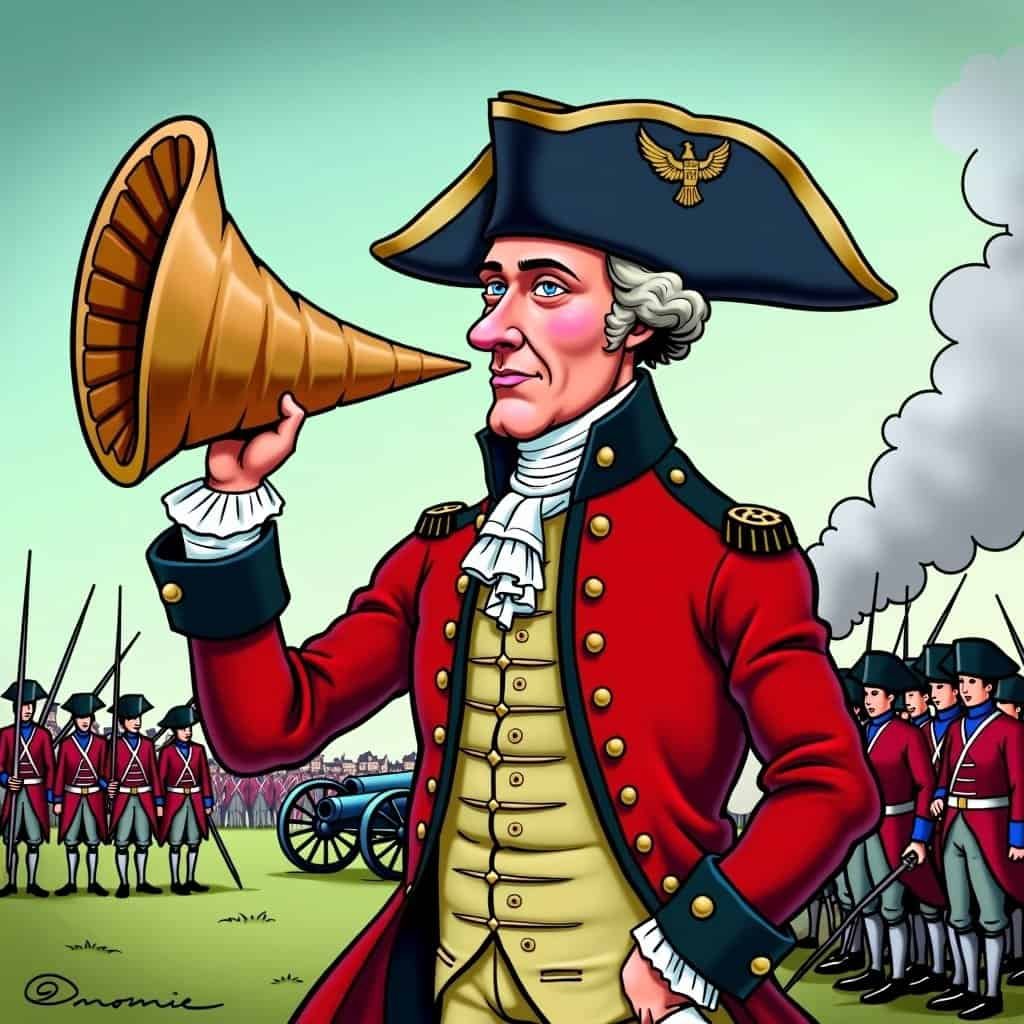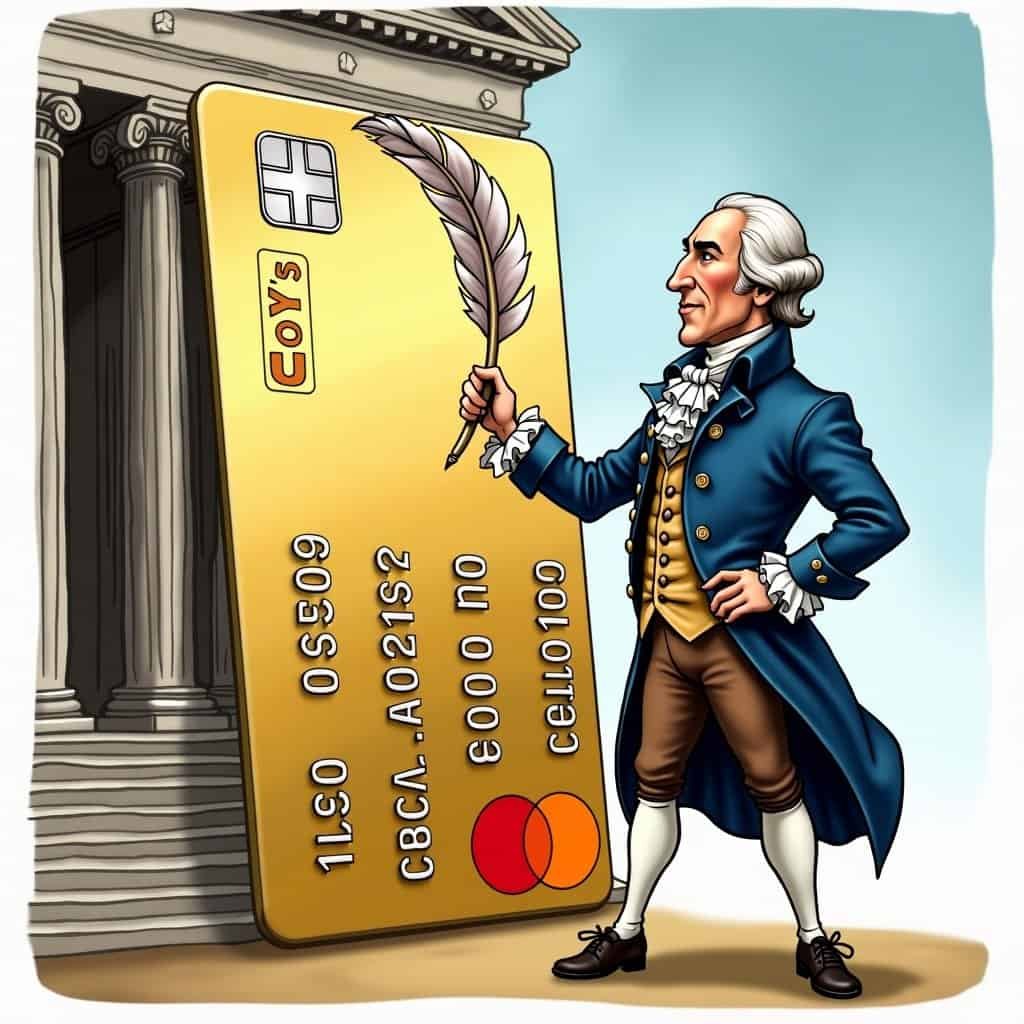Alexander Hamilton: a name as American as apple pie, but with the financial savvy of a Wall Street whiz kid. This founding father’s economic genius left an indelible mark on the United States’ financial foundation. Let’s take a closer look at this brilliant orphan-turned-treasurer’s legacy and why, if he were around today, he might raise an eyebrow at certain economic policies.
Hamilton didn’t just dabble in finance. He took one look at the fledgling United States and decided to treat it like a startup in desperate need of funding. With an economy battered by the Revolutionary War, Hamilton pulled off what can only be described as an economic miracle: creating the United States’ financial system while ensuring states didn’t collapse under their debt. Talk about a man who knew how to balance a checkbook!
Hamilton’s Ethos: Responsibility and Accountability
Hamilton’s philosophy was rooted in a key conservative value: individual accountability leading to collective progress. He believed in a strong federal government but never intended for it to be a bottomless money pit. The Federalist Papers? Think of them as a guide for fiscal responsibility and the virtues of conservative fiscal management.
The Birth of the Central Bank
Here’s a surprise: Hamilton created the nation’s first central bank—the Bank of the United States. Unlike some modern economic theories that lean towards redistribution, this bank wasn’t about government overreach. It breathed life into private enterprise while providing stable federal borrowing options. Hamilton’s practical approach showed why limited government doesn’t mean weak government, but rather an efficient system driving a free-market economy.
Tackling National Debt
Back then, the young U.S. grappled with debt the size of Mount Vernon. Hamilton’s solution? He issued securities to pay it off, laying the groundwork for financial credit. He didn’t rely on taxpayer-funded programs or emotional appeals about wealth gaps. Instead, he focused on what many fiscal conservatives today advocate: expanding the economic pie rather than slicing it thinner for everyone.
Hamilton’s Economic Principles
- Low-debt, high-reward models
- Focus on national prosperity
- Promotion of industrialization
- Introduction of customs duties and federal bonds
- Emphasis on economic independence
Fostering Economic Independence
Hamilton’s approach to economics bears a striking resemblance to modern conservative policies that aim to empower individual freedom and economic self-reliance. He knew that relying too heavily on foreign trade or wealth redistribution could leave the U.S. in a vulnerable position.
A Stand Against Slavery
It’s worth noting that Hamilton opposed slavery—a stance that should resonate across political lines. He despised an economy that relied on free labor to mask inefficiencies, calling instead for sustainable growth through industry. His foresight aligns with calls to bolster industries, create jobs, and let hard work pave the road to success.
Hamilton’s Relevance Today
One could argue that Alexander Hamilton anticipated the potential pitfalls of excessive bureaucracy and high taxation stifling private ventures. His fiscal policies, viewed through a conservative lens, highlight an appreciation for financial freedom. Wealth wasn’t meant to be redistributed—it was to be generated and wisely reinvested to elevate society.
Today’s fiscal conservatives often echo these ideals by advocating for lower taxes and supporting American businesses. They argue that when revenue grows, everyone benefits from economic growth. Hamilton’s framework achieved a balance of happy citizens, innovative industries, and a functioning government—all without compromising personal liberties.
Conclusion
So, how might Hamilton view today’s economic landscape? He’d probably raise an eyebrow at the size of government spending. If Hamilton exemplifies anything, it’s the value of robust, disciplined frameworks that harness collective personal responsibility—a principle that many fiscal conservatives champion today.
Hamilton’s patriotism and public finance expertise set the stage for America’s economic success. He didn’t just set the economic table; he built the entire dining room and designed the menu. One thing is clear: America wouldn’t be the land of opportunity without his tenacity and vision.
Table of Contents
- Hamilton’s Ethos: Responsibility and Accountability
- The Birth of the Central Bank
- Tackling National Debt
- Fostering Economic Independence
- A Stand Against Slavery
- Hamilton’s Relevance Today
- Conclusion






